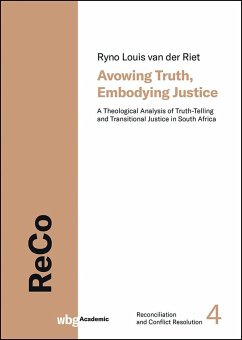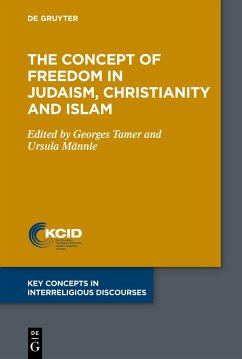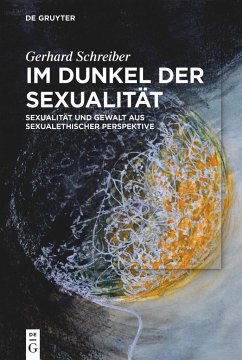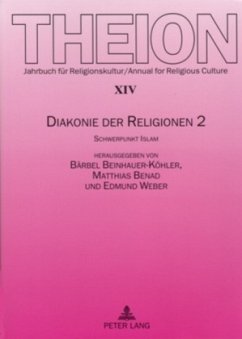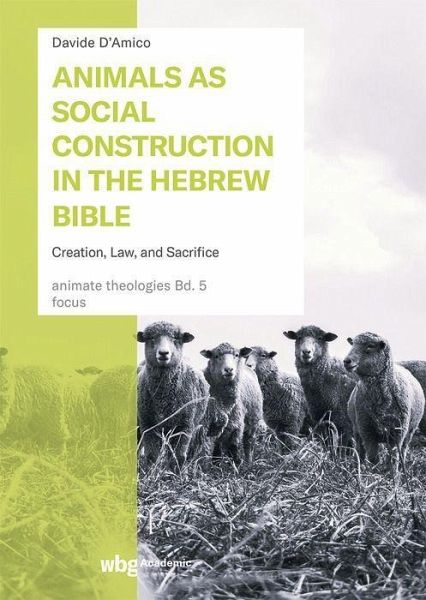
Animals as Social Construction in the Hebrew Bible
Creation, Law, and Sacrifice
Versandkostenfrei!
Sofort lieferbar
45,00 €
inkl. MwSt.

PAYBACK Punkte
0 °P sammeln!
Through the hermeneutical lens of human-animal studies, this volume explores how biblical texts help construct a precise image of animals and assign them a precise role within society. In this regard, three central moments are considered:(a) Creation narratives: Examining the two creation narratives shows how these are functional in creating a hierarchy within the animal kingdom, elevating domestic animals over other animals and positioning humans as God's privileged interlocutors.(b) Biblical Legislation: The second part explores how legal codes frame animals as 'objects' in a human-centered ...
Through the hermeneutical lens of human-animal studies, this volume explores how biblical texts help construct a precise image of animals and assign them a precise role within society. In this regard, three central moments are considered:
(a) Creation narratives: Examining the two creation narratives shows how these are functional in creating a hierarchy within the animal kingdom, elevating domestic animals over other animals and positioning humans as God's privileged interlocutors.
(b) Biblical Legislation: The second part explores how legal codes frame animals as 'objects' in a human-centered relationship, reinforcing a definite hierarchical social order. However, it also reveals instances where animals assume the role of 'legal subjects' with associated responsibilities.
(c) Institution of sacrifices: The third section explores how sacrifices in the Hebrew Bible shape the perception of animals and determine their social role. A comparative approach between ritual texts in Leviticus and references to sacrifices in prophetic texts opens up different perspectives on the suffering of animals during sacrifices.
(a) Creation narratives: Examining the two creation narratives shows how these are functional in creating a hierarchy within the animal kingdom, elevating domestic animals over other animals and positioning humans as God's privileged interlocutors.
(b) Biblical Legislation: The second part explores how legal codes frame animals as 'objects' in a human-centered relationship, reinforcing a definite hierarchical social order. However, it also reveals instances where animals assume the role of 'legal subjects' with associated responsibilities.
(c) Institution of sacrifices: The third section explores how sacrifices in the Hebrew Bible shape the perception of animals and determine their social role. A comparative approach between ritual texts in Leviticus and references to sacrifices in prophetic texts opens up different perspectives on the suffering of animals during sacrifices.








